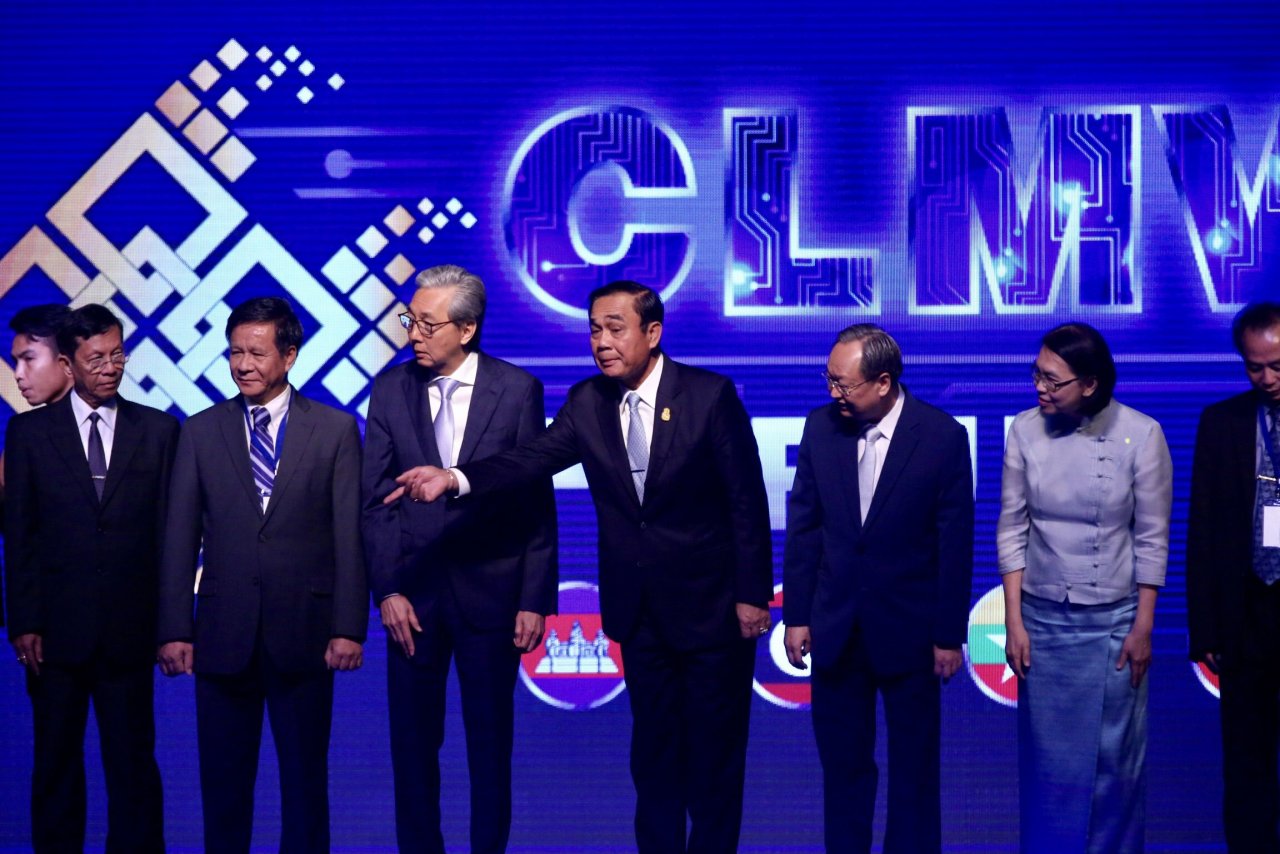Thailand: PM calls for a digital ecosystem for region
HIGH ECONOMIC GROWTH RATE AND ADOPTION OF TECH MAKES ASEAN ATTRACTIVE: SONTIRAT
PRIME MINISTER General Prayut Chan-o-cha has urged policymakers and entrepreneurs in Southeast Asia to develop and nurture a digital trade ecosystem as information technology in the region takes off.
Delivering the keynote speech on the topic of “CLMVT Taking-Off Through Technology”, Prayut praised the region’s status as a popular destination for investment and trade. He pointed to the “Look East” policy of the western world and India, along with the “Look South” approach of China, Japan and South Korea.
The immediate challenge for the CLMVT (Cambodia, Laos, Myanmar, Vietnam and Thailand) countries, said Prayut, was to figure out how to utilise new technologies to further share prosperity among the people.
Prayut was addressing the CLMVT Forum 2018 hosted by Thailand’s Ministry of Commerce.
He said that from now on, capacity building for entrepreneurial development must focus on preparation for the new economy and should be provided to all CLMVT entrepreneurs. “A region-wide digital trade ecosystem for CLMVT should be developed and nurtured. This includes the region’s own e-commerce platforms, efficient cross-border transport and logistics, payment systems as well as common standards and interoperability,” he said.
Commerce Minister Sontirat Somtijirawong pointed to the region’s high rate of economic growth and adoption of information technology. The average GDP growth rate of the five countries was 6.28 per cent last year, he said, and there were an estimated 150 million Internet users or 61 per cent of the total population. There were about 120.5 million Facebook accounts in the region. As well, online shopping has been growing rapidly, with Thailand and Vietnam together boasting about 47 million online shoppers, said Sontirat. Each shopper spent $109 (Bt3,620) last year via e-commerce channels, a 10-14 per cent increase from 2016. Online purchases reached $5.1 billion, up 20-22 per cent up from the previous year.
Asked what actions policymakers in the five countries would together pursue to promote a digital economy, Sontirat said the Commerce Ministry will gather information from the two-day forum for future consideration.
Meanwhile, a Myanmar business executive said his country was facing challenges to improve infrastructure and in educating both merchants and consumers about the digital economy.
Htay Aung, the chief executive officer of Aung Chaw Trading Co and Myanmar’s former Hotel and Tourism minister, said his country faced a challenge to improve infrastructure as logistics costs remained high. The government also needed to reform regulations to meet international benchmarks. Moreover the Myanmar government needed to educate both merchants and consumers about e-commerce, said Htay Aung.
Mara Warwick, World Bank country director for Brunei, Malaysia, the Philippines and Thailand, said the challenge of digital technologies was how to make sure everyone benefited from them. She said policymakers should focus on three pillars – inclusion, efficiency and innovation.
Warwick warned that digital technologies could lead to market concentration, so policymakers must ensure there was both competition and transparency in the market. Children should be educated to love lifelong learning, which would help them catch up with fast-changing technology. Also, the development of emotional skills continued to increase in importance for children in the digital economy and would help them to get jobs later, she said.
Several Thai start-ups have opened booths at the forum. Among them is Builkone, which provides software application services for construction material suppliers and contractors. Thitikorn Chanson, who is in charge of business development at Builkone, said the company had expanded its business to Myanmar and Laos and looked forward to expanding to other Asean countries.
Source: http://www.nationmultimedia.com/detail/Economy/30352325


 English
English




